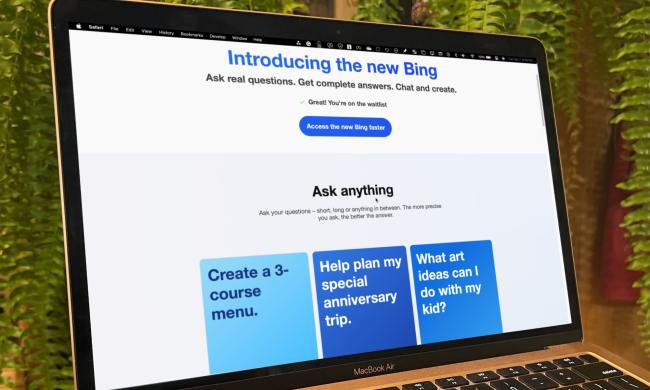Mozilla is pressing ahead with its controversial DNS-over-HTTPS (DoH) feature that many across the United States and the United Kingdom have lobbied against. The update will add an additional layer of encryption to your internet traffic and makes it more difficult for ISPs to snoop on your browsing data.
Whenever you punch in a web address, the browser queries a dedicated server to process that human-readable domain name into an IP address to find out where that website is actually located. Called DNS Lookup, it is the first step a browser takes to load your website. But since this process is not encrypted, it’s easy prey for internet carriers and allows them to potentially keep tabs on what websites you visit.
DoH, a relatively new internet standard that was developed by Mozilla and Cloudflare, aims to put an end to that. It essentially masks the whole DNS Lookup process and encrypts all the information that is exchanged between the browser and server — preventing carriers like Verizon and AT&T (that are building large-scale ad networks) to monitor your usage.
In the next couple of next weeks, Mozilla will roll out a DoH switch to all of its users. However, unlike other browsers like Chrome and Brave that too have brought DoH support, Mozilla is enabling the new technology by default in the U.S. The rest of the regions will have to manually go into the settings and turn it on. You can do so by heading over to Settings > General > Networking Settings.
DoH has had a rocky journey and faced pushback from several ISP groups as well as governments ever since Mozilla announced it.
In the U.K. especially, Mozilla was branded an “internet villain” by an association of ISPs that, together with the GCHQ intelligence organization and child advocacy groups, claim DoH will throw a wrench in the country’s nationwide firewall system that’s designed to limit access to child abuse websites and copyright infringement domains. Because of this, Mozilla had to abandon its plans to enable DoH by default in the U.K. In addition, Firefox won’t enable DoH when it detects active parental controls and enterprise configurations.
Some privacy experts also argue DoH will barely have an impact on ISP’s data collection practices since there are numerous other points where user privacy can be compromised. Nevertheless, DoH has been embraced by tech companies, as it’s clearly a step in the right direction. Along with Google, Microsoft has announced it will soon bring DoH support to Windows 10.



